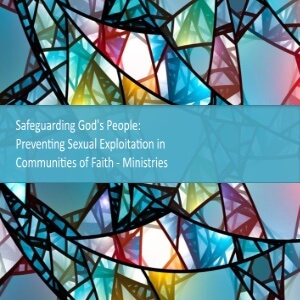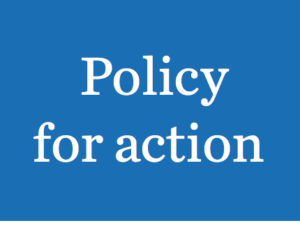 The Toolkit of the Public Affairs Office is designed for your use to help enhance your message, broaden your reach and offer tips for placements into regional, secular, and other media – both traditional and social.
The Toolkit of the Public Affairs Office is designed for your use to help enhance your message, broaden your reach and offer tips for placements into regional, secular, and other media – both traditional and social.
Communication is evangelism – and the Office of Communication has many resources to help evangelize the Good News and engage communities in the work of the Episcopal Church. These resources include tools to assist with building awareness of your work, gaining a stronger voice on topics that you care most about, and enhancing perceptions among influential, highly-engaged groups inside and outside the Church.
Included are useful materials, such as forms to develop key messages and create local news media coverage, and a step-by-step guide on how to place your leaders on local opinion pages and websites to gain community leader buy-in on topics important to you. You’ll also find information about other tools, help and counsel available, often at no cost, through the Office of Communication. These will help enhance your message, broaden your reach and offer tips for placements into regional, secular, and other media – both traditional and social. The goal is to enable you to prepare your messages not only for your diocese but your regional area, your ecumenical partners, and beyond.
DOWNLOAD Topics Overview by Month
DOWNLOAD General Public Affairs Topics
You can subscribe to the Episcopal Church mailing list for the Public Affairs office: https://www.episcopalchurch.org/public-affairs
A book recommended in the topics paper is: A Great Cloud of Witnesses
Church Publishing Incorporated published new (2018) and expanded volume of optional commemorations of significant figures in the history of the Episcopal Church. It replaces the popular Holy Women, Holy Men. By action of the 2015 General Convention, Great Cloud of Witnesses is being made available for devotional or catechetical use and for use in public worship throughout the Church. GCW reflects the lively experience of holiness, especially on the level of the local community.
GCW is accordingly a useful tool for learning about the history of the church and identifying those who have inspired and challenged us from the time of the New Testament to the present. Each entry includes a biographical narrative of the person or people, highlighting the significance of their lives and witness. A devotional collect is provided in both Rite I and Rite II language and a set of indexing tags suggests how the entry fits into the broader scope of Christian history and delineates the Christian gifts and virtues that may have inspired the persons ministries.


 The Episcopal Church adopts policies on a range of issues related to justice and peace through its triennial General Convention. The Church then lives out these policy positions through a variety of means, including the direct engagement of government officials by the Presiding Bishop and other elected leaders of the Church; the witness of the Domestic and Foreign Missionary Society through the Church’s Office of Government Relations in Washington, DC and its Office of Global Relations at the United Nations in New York City; the leadership of dioceses and congregations in each of the 16 sovereign nations in which The Episcopal Church is present; and, most fundamentally, through the grassroots witness of individual Episcopalians around the world. Though the shape and form of our advocacy may vary based on our national or community context, we are united in our understanding that, to be a people rooted in mission, we must work tirelessly for justice and peace.
The Episcopal Church adopts policies on a range of issues related to justice and peace through its triennial General Convention. The Church then lives out these policy positions through a variety of means, including the direct engagement of government officials by the Presiding Bishop and other elected leaders of the Church; the witness of the Domestic and Foreign Missionary Society through the Church’s Office of Government Relations in Washington, DC and its Office of Global Relations at the United Nations in New York City; the leadership of dioceses and congregations in each of the 16 sovereign nations in which The Episcopal Church is present; and, most fundamentally, through the grassroots witness of individual Episcopalians around the world. Though the shape and form of our advocacy may vary based on our national or community context, we are united in our understanding that, to be a people rooted in mission, we must work tirelessly for justice and peace.